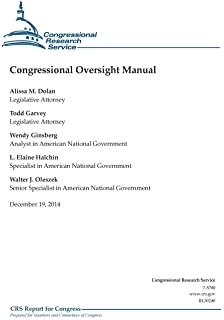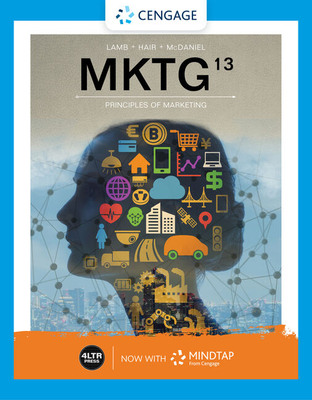
description
9The Congressional Research Service (CRS) developed the Congressional Oversight Manual over 30 years ago, following a three-day December 1978 Workshop on Congressional Oversight and Investigations. The workshop was organized by a group of House and Senate committee aides from both parties and CRS at the request of the bipartisan House leadership. The Manual was produced by CRS with the assistance of a number of House committee staffers. In subsequent years, CRS has sponsored and conducted various oversight seminars for House and Senate staff and updated the Manual as circumstances warranted. Worth noting is the bipartisan recommendation of the House members of the 1993 Joint Committee on the Organization of Congress (Rept. No. 103-413, Vol. I): [A]s a way to further enhance the oversight work of Congress, the Joint Committee would encourage the Congressional Research Service to conduct on a regular basis, as it has done in the past, oversight seminars for Members and congressional staff and to update on a regular basis its Congressional Oversight Manual. Over the years, CRS has assisted many Members, committees, party leaders, and staff aides in the performance of the oversight function: the review, monitoring, and supervision of the implementation of public policy. Understandably, given the size, reach, cost, and continuing growth of the modern executive establishment, Congress's oversight role is even more significant-and more demanding-than when Woodrow Wilson wrote in his classic Congressional Government (1885): "Quite as important as lawmaking is vigilant oversight of administration." Today's lawmakers and congressional aides, as well as commentators and scholars, recognize that Congress's work, ideally, should not end when it passes legislation. Oversight is an integral way to make sure that the laws work and are being administered in an effective, efficient, and economical manner. In light of this destination, oversight can be viewed as one of Congress's principal responsibilities as it grapples with the complexities of the 21st century.
member goods
No member items were found under this heading.
listens & views

ALL WAGNER CONCERT
by WAGNER / MELCHIOR / TRAUBEL / TOSCANINI / NBC SO
COMPACT DISCout of stock
$13.49
Return Policy
All sales are final
Shipping
No special shipping considerations available.
Shipping fees determined at checkout.






